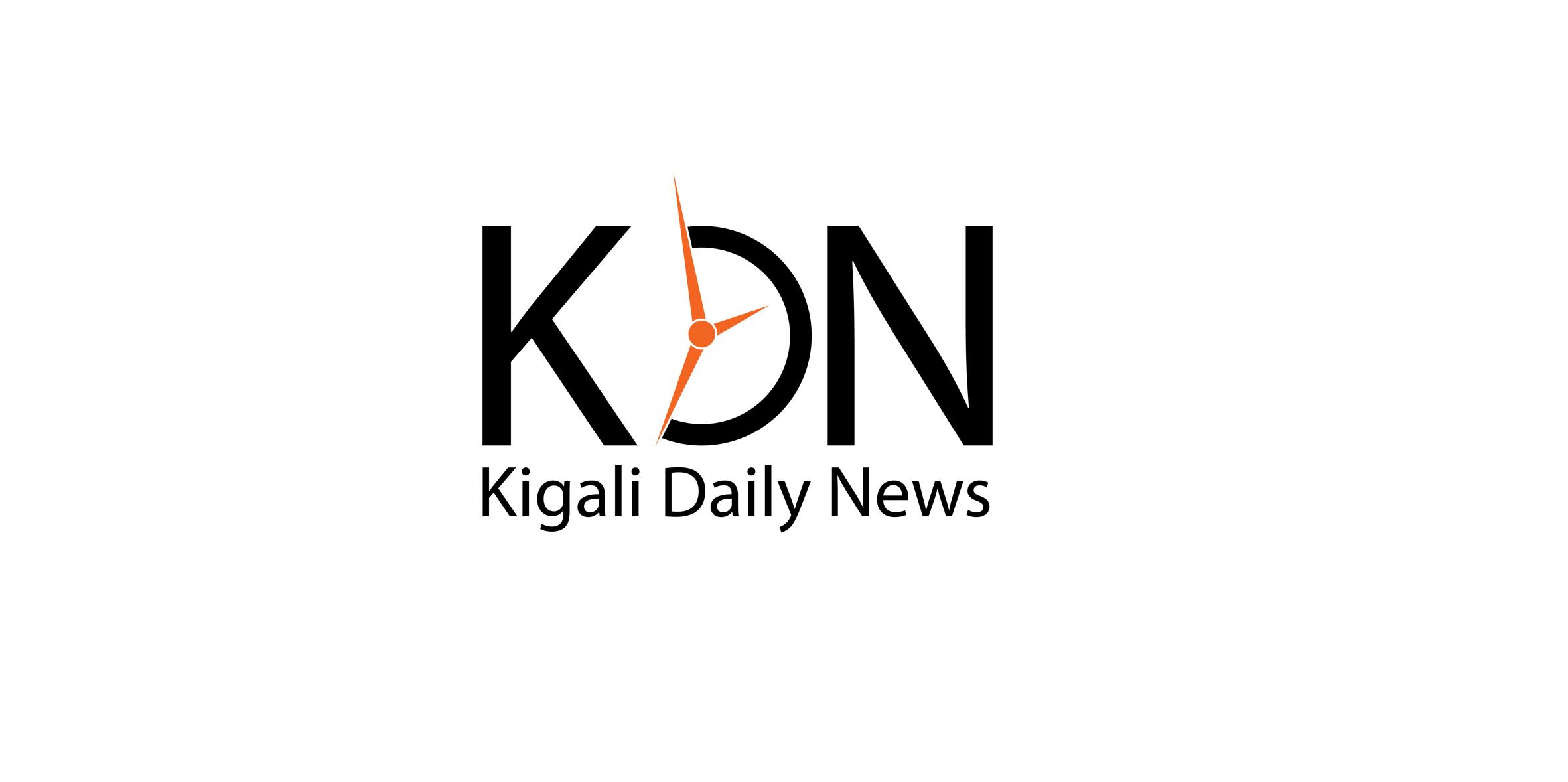Minister of Foreign Affairs Dr Vincent Biruta has deplored and refuted the unfounded accusations continuously being made by representatives of the DR Congo government against Rwanda.
At the just-concluded Organisation Internationale de la Francophonie (OIF) meeting in Yaoundé, Cameroon, Biruta took the floor to deplore and refute the unfounded accusations which had just been made by the representative of the DR Congo government. The two-day Francophonie inter-ministerial conference that concluded on November 5 was also attended by OIF Secretary General Louise Mushikiwabo.
The Congolese government has often claimed that Rwanda is supporting the M23 rebels, an accusation which Kigali dismissed.

Despite their Rwandese heritage or culture, the M23 rebels are Kinyarwanda-speaking Congolese oppressed by their own government for decades.
Successive Congolese governments sought to expel them, branding them Rwandans, and subjecting them to discrimination and targeted ethnic violence, a major factor behind the emergence of their rebel movement.
Contrary to DR Congo’s claims, Kigali has noted that it is Kinshasa that works with and continues to arm the FDLR militia, enabling them to cross the border and launch attacks on Rwandan territory.
Reports indicate that the DR Congo is cooperating with the genocidal FDLR militia, a blacklisted terrorist group created by the perpetrators of the 1994 Genocide against the Tutsi in Rwanda which claimed the lives of more than a million people. The genocidal militia has in the past launched cross-border attacks against Rwanda, backed by the Congolese armed forces, FARDC. In July, Kigali warned against DR Congo’s use of pretexts to justify attacks on Rwanda. The DR Congo-based FDLR has launched attacks on Rwandan territory for more than 20 years. Kigali believes the genocidal militia group is emboldened by the support it gets from Kinshasa.
Biruta explained that it has now become a ritual in all international forums as the Congolese government “has gotten into the habit of accusing Rwanda for the notorious governance failures that characterize this country [DR Congo] which has decided to externalize its internal problems and chosen Rwanda as the scapegoat” who must be blamed for everything that goes wrong.
Biruta said: “He [representative of the DR Congo government] forgot to tell you that there are more than 200 armed groups in the east of the Democratic Republic of Congo, including genocidal armed groups like the FDLR.”
The M23 rebels on November 6 announced that they had recaptured strategic positions in eastern DR Congo that they previously handed over to the East African Regional Force (EACRF) after the security situation there deteriorated. The situation worsened after the rebels’ withdrawal from various captured areas was followed by sporadic clashes involving the Congolese coalition of Wazalendo, European mercenaries, and FDLR militia, against the M23.
Since July 2022, talks have been held between the two countries, with the mediation of Kenya, under the East African Community-led Nairobi peace process, and Angola, under the Luanda peace process. Kigali is, growingly, “deeply concerned about the ongoing collaboration and arming of FDLR and indigenous armed groups” by the government in Kinshasa.
Biruta added: “Notorious governance problems which are expressed by discrimination against certain communities in the Democratic Republic of Congo and that in the East, ethnic cleansing is taking place. He forgot to tell you all this. He mentioned the problem of internally displaced persons, he forgot to tell you that Rwanda is sheltering more than 90,000 Congolese refugees and that Uganda is probably facing a larger number.”
Biruta also noted that the representative of the DR Congo government “forgot to tell you” that the DR Congo army joined forces with genocidal armed groups and various militias and with European mercenaries to wage war against part of the Congolese population.
“Even before the resurgence of this armed group the M23, the government of the Democratic Republic of Congo had decreed a state of siege in the province of North Kivu, and Ituri; that was in May 2021. This means that these problems existed well and truly before the resurgence of the armed group he cited.”
The Congolese government labelled the M23 as a terrorist movement and excluded them from the Nairobi talks.
He stressed that the allegations against Rwanda which Kinshasa continues to make are all “a diversion from problems and policies” gone wrong back home. It is an internal problem and the Congolese government, Biruta said, should take the courage to accept the political solution which is proposed by the various regional mechanisms and the African Union.
“The question of the Democratic Republic of Congo is a question of governance. It is a political question. A political solution is necessary, and continuing to accuse Rwanda of everything that is wrong with the Democratic Republic of Congo will certainly not provide a solution to these problems.”
On November 4, Heads of State and Government of the Southern African Development Community (SADC), held an extra-ordinary summit where they discussed a number of issues including the bloc’s military deployment to eastern DR Congo.
In November 2022, the Luanda summit on the security crisis in eastern DR Congo ordered the FDLR to disarm immediately and embark on an “unconditional repatriation” but nothing was ever done.



